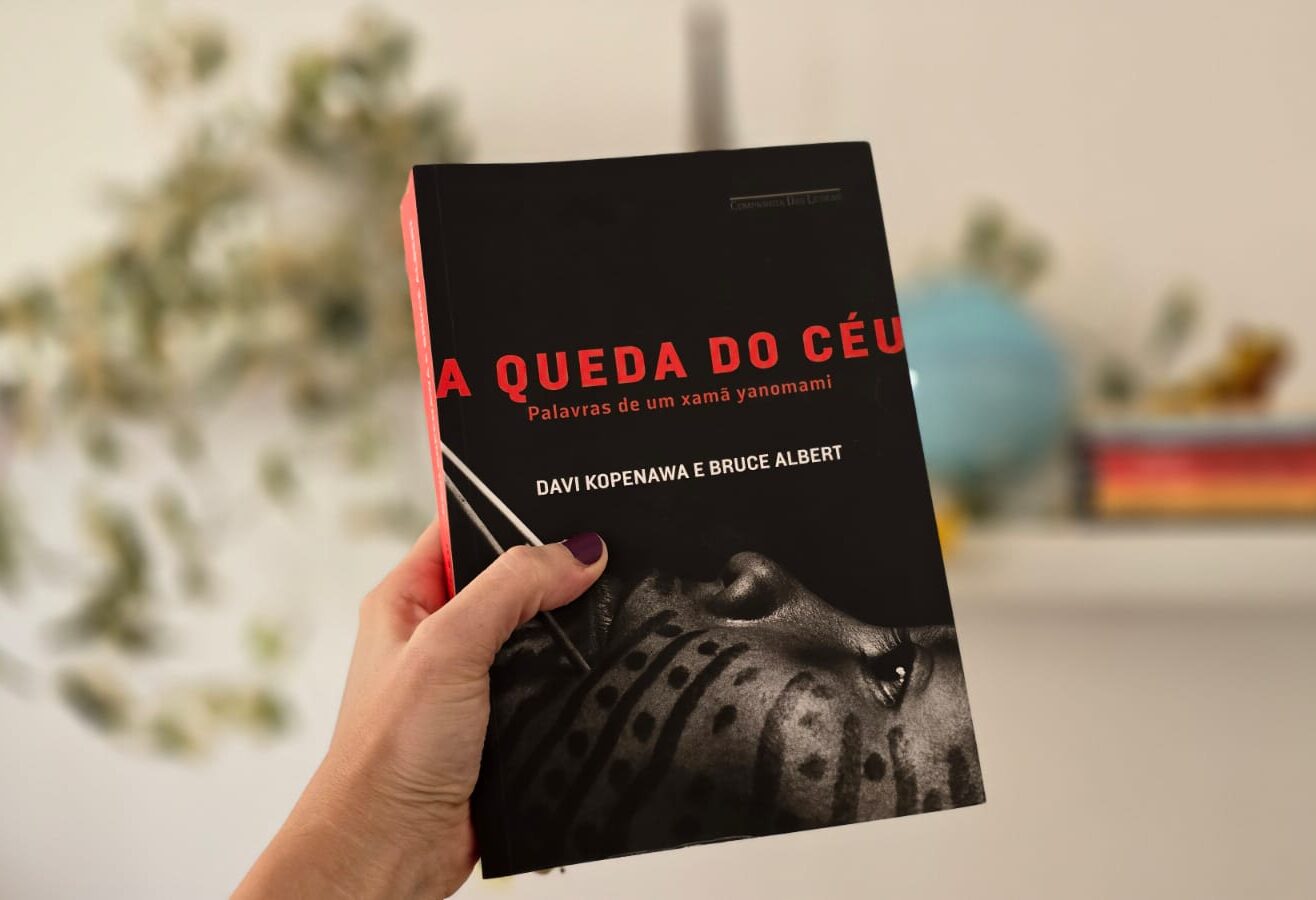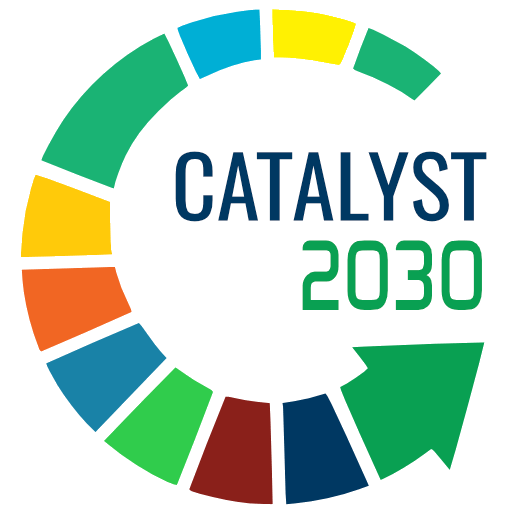
Brazilian Indigenous literature plays a crucial role in preserving and disseminating ancestral cultures and promoting a deeper, clearer understanding of native peoples and their worldviews. Reading works by Brazilian Indigenous authors offers a unique opportunity to explore authentic narratives, values, and traditional knowledge that have long been silenced and are now marginalized by society.
In the colonized Western world, we spent many years accustomed to hearing about Indigenous culture, but from the perspective of people who do not share the same experiences. Who hasn’t read the “classics” “O Guarani” and “Iracema” by José de Alencar, and “Macunaíma” by Mário de Andrade? Valuable works, yet created by non-Indigenous people.
Meet some indigenous writers and their works
Recently, we have seen a significant change in literature. Indigenous people are writing about their culture, their multiplicities, and being inducted into the Academia Brasileira de Letras, (Brazilian Academy of Letters) as is the case with the environmentalist, writer, poet, and philosopher Ailton Krenak.
Born in 1953 in the Vale do Rio Doce, Minas Gerais, Ailton has stood out since a young age as a central figure in the fight for Indigenous people’s rights in Brazil. A member of the Krenak people, Ailton has become an icon in defending Indigenous and environmental rights, both in Brazil and internationally, being the first Indigenous person to become an “immortal” in the Brazilian Academy of Letters.
Krenak’s works, such as “Ideas to Postpone the End of the World”, and “Life Is Not Useful,” both invite reflection on our relationship with nature and the need to reconfigure our ways of living.
Another great indigenous writer and activit is Eliane Potiguara. With works like “Half Face and Half Mask” and “The Enchanted Bird,” Eliane addresses themes such as the relationship with ancestors and the importance of memory and traditional teachings in her writings.
Autor of The Gods Banquet, Daniel Munduruku writes for both children and adults, bringing myths, stories, and reflections on Indigenous life. A member of the Munduruku people from Belém (PA), Daniel Munduruku was the first Indigenous author of children’s literature. He is one of the most prolific and respected authors in contemporary Indigenous literature, having won the Jabuti Prize twice, once in 2017 and again in 2021.
Márcia Wayna Kambeba is a Brazilian poet and geographer. Of Omágua/Kambeba ethnicity, she was born in a Ticuna village. Marcia has published six books. Her first work, “Ay kakyri Tama – I Live in the City,” addresses issues related to Indigenous people living in urban areas and fighting for respect and recognition.
Davi Kopenawa, born around 1956 in the community of Mõra mahi araopë (in the Toototobi river region) in the far north of the Amazon, is the founding president of the Hutukara Association, which represents the majority of the Yanomami people in Brazil. He has received numerous national and international awards and honors, including the Order of Merit from the Ministry of Culture in 2015. In 2021, he became a member of the Brazilian Academy of Sciences. Kopenawa is a co-author, along with French anthropologist Bruce Albert, of the book “The Falling Sky,” which has been translated into seven languages and selected for the next reading of the Raízes book club.
More reading, more culture
The falling sky, by Kopenawa and Albert, was hand-picked to be our book club’s title for the semester. The book explores Kopenawa’s life, from his childhood in the Mõra mahi araopë community to his rise as a Yanomami leader and spokesperson. Kopenawa shares his life experience, his visions, and his role as a shaman, presenting an intimate and personal view of the Yanomami worldview. He describes the beliefs, rituals, and spiritual practices that sustain the lives of his people, highlighting the intrinsic relationship between the Yanomami and the Amazon rainforest.
Originally published in French in 2010, the result of translations of interviews conducted with Yanomami over almost 30 years, the text was translated into Portuguese in 2015. The book is more than 700 pages long and contains a wealth of knowledge about Yanomami culture.
Indigenous literature is diverse and rich, ranging from traditional narratives and myths to contemporary reflections on identity and sustainability. These works must be valued, and included in school curricula and in our daily lives to combat stereotypes and promote a more inclusive understanding of Brazilian history and culture.
Around here, we’re looking forward to starting this essential reading to understand more about anthropology, human rights, and environmental issues.

